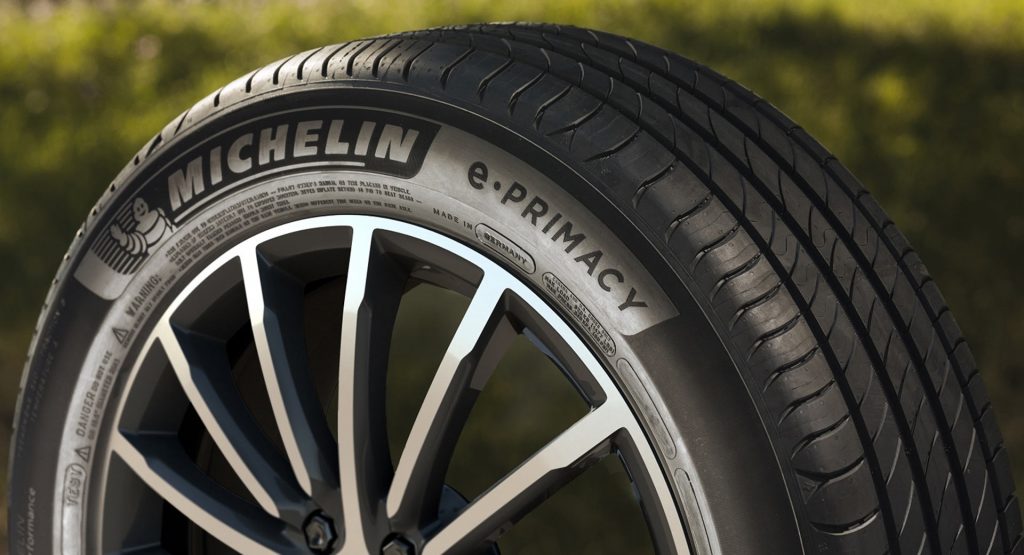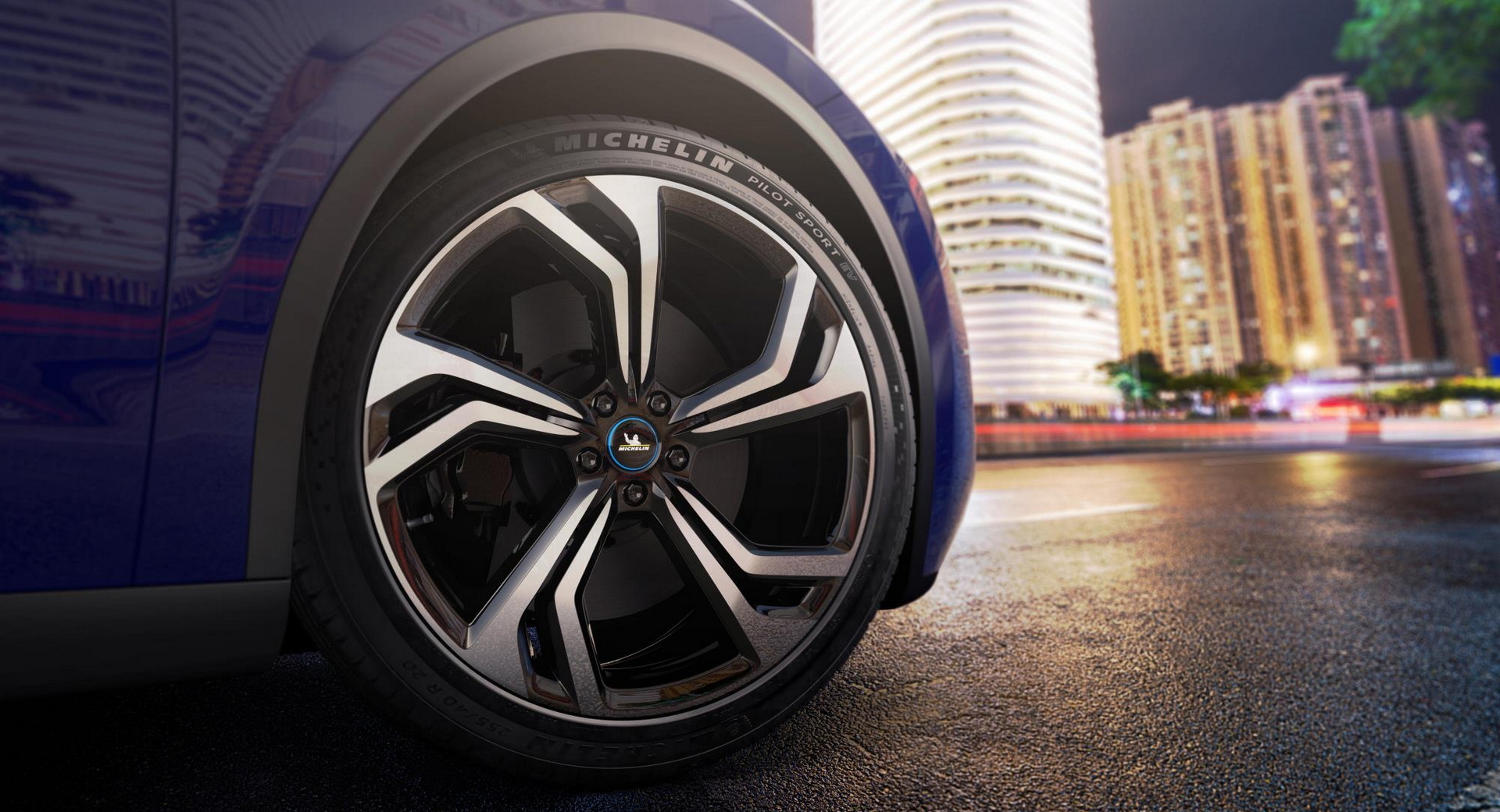Michelin has partnered with French biochemistry company Carbios in its quest to make tires out of recycled plastic products.
In a statement, the tire giant revealed that it has successfully tested a plastic recycling technology with Carbios. This process relies on an enzyme that can depolymerize the polyethylene terephthalate (PET) used in common plastic products like bottles and polyester clothing.
Through this complex process, the two companies have been able to create a high tenacity polyester that is suitable for tires thanks to its breakage resistance, toughness, and thermal stability.
Read Also: Michelin Looks To Hydrogen Fuel Cells And 3D Printing To Secure Its Post-COVID Future
“We are very proud to be the first to have produced and tested recycled technical fibres for tires,” director of polymer research at Michelin, Nicholas Seeboth, said. “These reinforcements were made from colored bottles and recycled using the enzymatic technology of our partner, Carbios. These high-tech reinforcements have demonstrated their ability to provide performance identical to those from the oil industry.”
Michelin has set an ambitious target of using renewable or recycled materials for 40 per cent of its manufacturing by 2030 and 100 per cent by 2050. Every year, 1.6 billion car tires are sold worldwide, representing 800,000 tonnes of PET fibers annually.
“In 2019, Carbios announced it had produced the first PET bottles with 100% Purified Terephthalic Acid (rPTA), made from the enzymatic recycling of post-consumer PET waste,” Carbios chief scientific officer Alain Marty stated. “Today, with Michelin, we are demonstrating the full extent of our process by obtaining from this same plastic waste, recycled PET that is suitable for highly technical fibres, such as those used in Michelin’s tires.”




